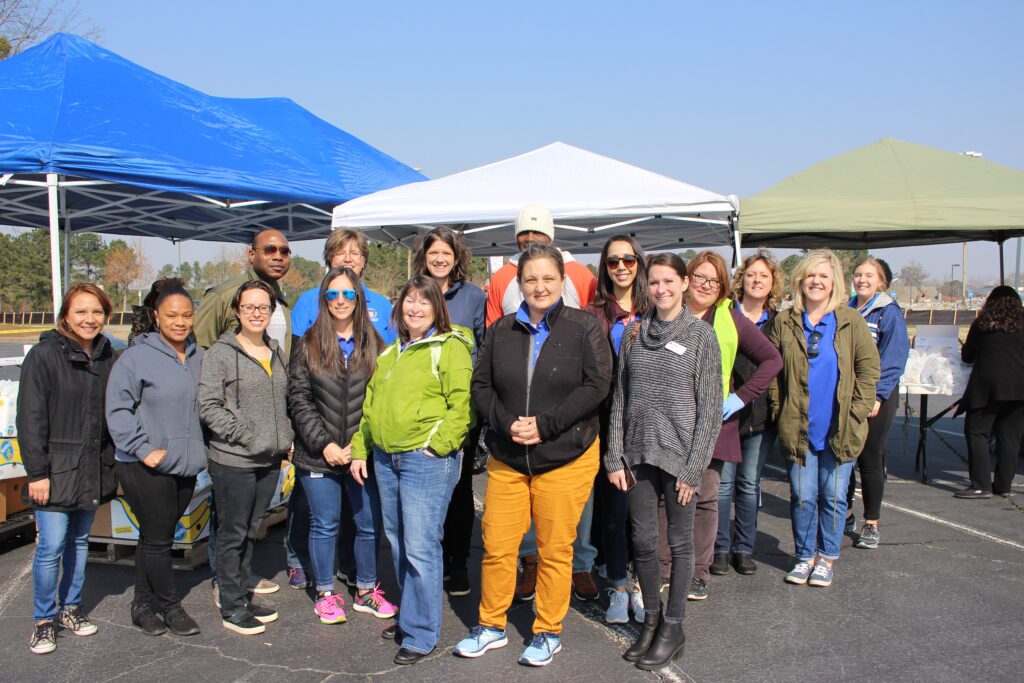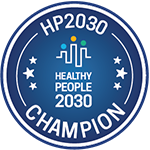National Infant Immunization Week (NIIW) is April 27 – May 4, 2019, and Gwinnett, Newton, and Rockdale Health Departments (GNR Health Departments) urge residents to protect infants from vaccine-preventable diseases by ensuring our little ones and everyone around them, are vaccinated and up-to-date on their immunization schedules.
“Protect your baby! Have your children immunized according to the CDC guidelines to keep your child healthy” said Gloria Melvin, Immunizations Coordinator from GNR Health Departments. “Vaccines are safe and save lives.”
NIIW is a call to action for parents, caregivers and health care providers to ensure that infants are fully vaccinated against 14 vaccine-preventable diseases.
In Georgia, there have been three confirmed cases of measles since January 1, 2019. Because measles is a highly contagious disease that can lead to serious complications and death in infants, it’s important for parents and caregivers to make sure their families are up-to-date on their vaccinations.
Two doses given at least four weeks apart are recommended for children aged 6 months through 8 years of age who are getting a flu vaccine for the first time and for some other children in this age group.
- Two doses of HepA vaccine are needed for lasting protection. The first dose of HepA vaccine should be given between 12 months and 23 months of age. The second dose should be given 6 to 18 months later. HepA vaccination may be given to any child 12 months and older to protect against HepA. Children and adolescents, who did not receive the HepA vaccine and are at high-risk, should be vaccinated against HepA.
According to the CDC, the United States currently has the safest, most effective vaccine supply in its history. Scientists, doctors and health care professionals give vaccines to children only after long, thorough and careful review. The disease-prevention benefits of vaccines are much greater than the possible side-effects for most children. Vaccination is the best way to protect others from vaccine-preventable diseases.
GNR Health Departments encourages everyone, in observance of National Infant Immunization Week, to protect the little ones who cannot yet protect themselves: call 770-339-4260 to schedule an appointment for vaccination at one of our 5 health clinics or visit www.gnrhealth.com/locations for more information.
Helpful Links



